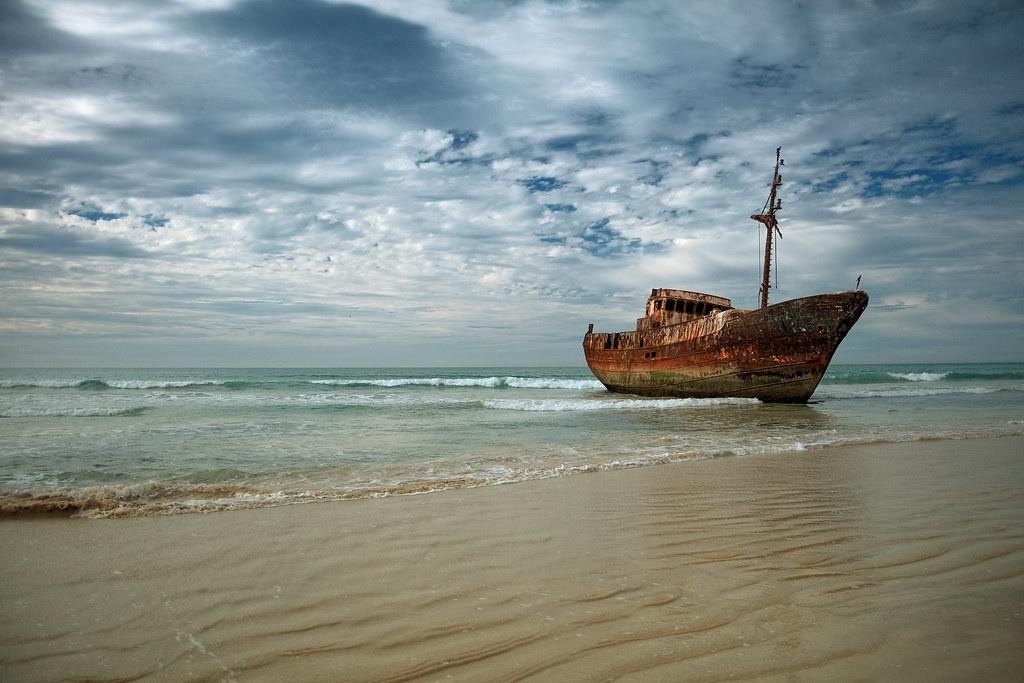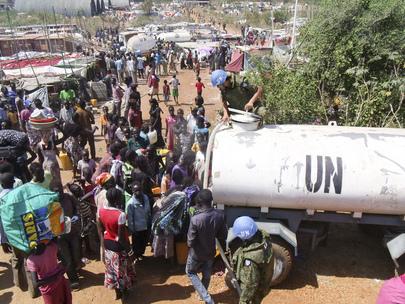Africa Insiders: Morocco slowly tightens its grip on Western Sahara


Western Sahara’s territorial waters. Credit: Thomas Boutreux
The essentials: Morocco’s parliament has passed two laws that formalise the annexation of Western Saharan territorial waters. While this does not present a fundamental change of the status quo, the move underscores the intractability of the conflict and the risks Morocco is willing to take to secure its economic interests. It comes shortly after a potential deal in which Israel and Morocco would normalise relations – in return for the US recognising of Morocco’s sovereignty over Western Sahara – became public.
The background: On 22 January, Morocco’s lower chamber of parliament voted unanimously to amend legislation defining the country’s maritime borders to include the territorial waters of Western Sahara. A second measure that creates an exclusive economic zone within 200 nautical miles off the coast of the territory was also accepted.
Western Sahara was formerly colonised by Spain and is currently occupied by Morocco. There were signs of Moroccan presence in the region before Spanish colonisation, but a 1975 advisory opinion of the International Court of Justice stated that these ties were not deep enough to justify Moroccan sovereignty. It advised that the issue be decided by the Sahrawis themselves in a referendum.
Since 1970, the Polisario Front, with the backing of Algeria, has fought for independence, although a ceasefire with Morocco took effect in 1991. Morocco’s claim is not recognised by the United Nations or most countries, though this hasn’t hindered Morocco in exploiting the disputed region’s considerable natural resources. Moroccan economic interests are centred on the exploitation of phosphates and fishing. Between 15-20% of Moroccan exports can be traced back to Western Sahara in some way. The region’s territorial waters may also harbour substantial oil and natural gas reserves, which could become a significant source of income in the future.
The continued occupation of Western Sahara has complicated Morocco’s external relations for decades. It kept Morocco out of the African Union, which recognises Polisario as the legitimate representative of the Sahrawi people, for 33 years until it rejoined in 2017. Tensions with Spain, which owns the Canary Islands 50 miles off the Western Saharan coast, have long complicated trade deals between Morocco and the European Union.
That Morocco is continuing to push the issue now may be a reflection of declining international interest in the Sahrawi people’s right to self-determination. The US government seems to be considering recognising Morocco’s claims in exchange for Morocco normalising its ties with Israel. While the UN continues to mediate between the parties involved, there has been no discernible progress since 1991. The EU, possibly the actor with the most economic influence over Morocco, has mostly relegated the question of Sahrawi independence below its economic interests.
The future: Morocco’s government is happy to continue its strategy of slowly normalising the status quo. With little coordinated international pressure, the economic benefits of occupying Western Sahara far outweigh the occasional diplomatic problems. This strategy is not without risks, of course. While armed conflict with Polisario seems unlikely at the moment, this situation could change. This perspective also neglects the victims of Morocco’s policy: Sahrawi’s who live in refugee camps in Algeria or who are victims of suppression due to their agitation for independence.
- Morocco adds Western Sahara waters to its maritime borders (The Arab Weekly)
- Grand Canary Island approves motion against Morocco’s decision (Sahara Press Service)
- Exclusive: Israel pushing Trump to back Morocco over Western Sahara (Axios)
- Netanyahu sought deal with US, Morocco to allow normalization of ties — report (Times of Israel)
- Natural resources and resistance in Western Sahara (Democracy in Africa)
- European Parliament votes in favour of EU-Morocco fisheries partnership (European Commission)
- EU Fisheries Deal With Morocco Sparks Criticism Over Inclusion Of Western Sahara Waters (Forbes)
- Western Sahara: The Cost of the Conflict (International Crisis Group)
- Human Rights in Morocco/Western Sahara (Amnesty International)
Pay what you want for the FULL Africa Insiders Newsletter!
We send out multiple stories per week, including in-depth analysis of current elections and public health emergencies.
The Africa Insiders’ Newsletter is a collaboration between AfricanArguments.org and @PeterDoerrie, with contributions from @_andrew_green and assistance from Stella Nantongo. Part of the subscription revenue is funding in-depth and freely accessible reporting and analysis on African Arguments.






On the matter of oil and gas. Given all the exploration that has been done it would appear that there is nothing there to be exploited. Anyone able to comment further?